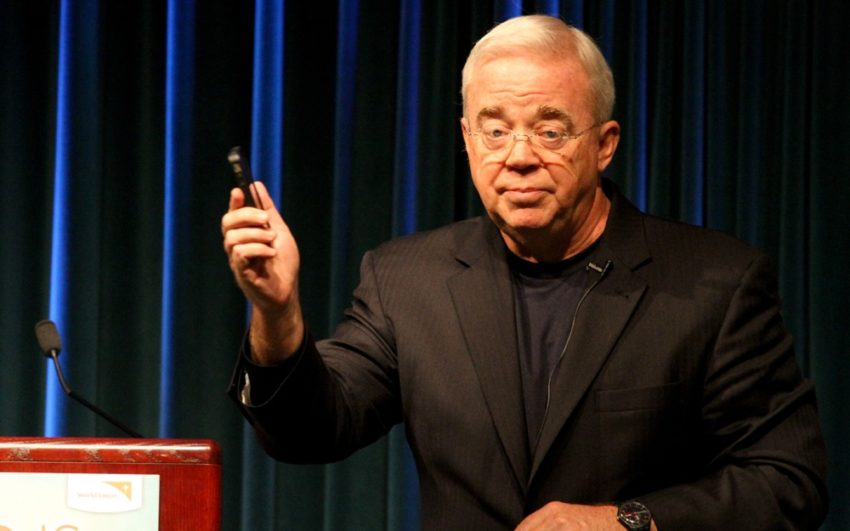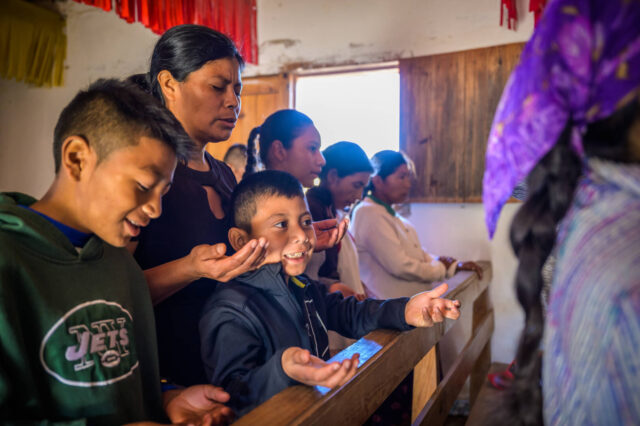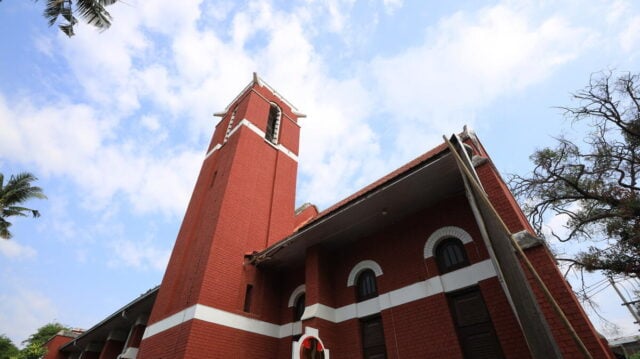Jim Wallis wants to start a conversation. In a diverse, politically divided society, it’s hard to agree on what’s best for everyone, especially when it comes to solving the root causes of poverty.
Wallis, the outspoken founder of Sojourners and author of God’s Politics and On God’s Side, recently visited World Vision. He offered his thoughts on the pursuit of the common good and how personal decisions can lead to improved quality of life for everyone.
Why must we have this conversation?
I think we’re stuck. I think we’re not solving … the root causes of our problems. We’re talking about symptoms, or just blaming each other for problems and not really asking what’s right and what works. When we’re just taking care of ourselves, our group, our tribe, our nation, things really will fall apart. But when we begin to take care of our neighbor and ask who our neighbor is, that’s the beginning of the common good. It’s in our gospel tradition — the foundation of it is when Jesus said to love your neighbor as yourself. Don’t go left, don’t go right — go deeper. And we have to go deeper, now, to find out what’s wrong and how to fix it.
Why do you think our culture has strayed so far from this idea?
To me, the test of the common good is how we treat the poorest and most vulnerable. We’re learning that again. We’re coming together around how we’re treating a stranger … and how we’re treating the poor and vulnerable in the debates about the budget in Washington, D.C. Half of God’s children are living on less than $2 a day. That fact is a matter of faith for us; it’s a biblical imperative to respond.
What role do youth have in pursuing the common good?
A new generation is really drawn to that biblical sense of justice, that the God of the Bible is not simply a God of charity, but a God of justice. The biblical language for justice is about, ‘How do you make things right?’ Not just take care of the victims and address the symptoms, but how do you get to the heart of the problem and establish right relationships again? The common good is something a lot of young people want to give their lives for. Whether it’s trafficking or education or water, there are concrete things that really change the quality of life for God’s children.
In 20 years, what key issues do you think the church will look back on and regret not having played a more influential role?
A lot of evangelical leaders have said to me, ‘We missed the civil rights movement, I don’t want to miss this fight for immigration reform.’ [We need] to go from being Christians who are really conformed to their culture, who think the way that other people around them think … to Christians with a global vision. It’s not just the haves helping the have-nots. It’s, ‘How do we be transformed and how do we commit to transforming the world?’ The gospel of the kingdom of God is a new order breaking into history to change the world, and us with it.
What can I personally do to pursue the common good?
We become cynical to avoid becoming committed. Ask yourself what in the world today most breaks your heart and offends your sense of justice. Decide to help change that and join with others who are committed to transforming that injustice.
Make choices by distinguishing between wants and needs. Choose what is enough, rather than what is possible to get. Replace appetites with values, teach your children the same, and model those values for all who are in your life.
If you are a person of faith, focus not just on what you believe, but how you act on those beliefs. If you love God, ask God how to love your neighbor.
Why is how you act on your beliefs so important?
When people of faith actually say and do what their faith says that they should say and do, two things happen. One, people are surprised; then they’re attracted.
When we start to care about trafficking, or water in sub-Saharan Africa, or supply chains, or our own neighborhoods, people say, ‘Oh, that’s good; I’d like to be a part of that.’ And so they’ll join us first for mission, and then they’ll start to say, ‘Why do you do these things? What is your motivation?’ So we tell them, and that’s where the faith is shared.
Jim Wallis’ newest book is On God’s Side: What Religion Forgets and Politics Hasn’t Learned About Serving the Common Good.


